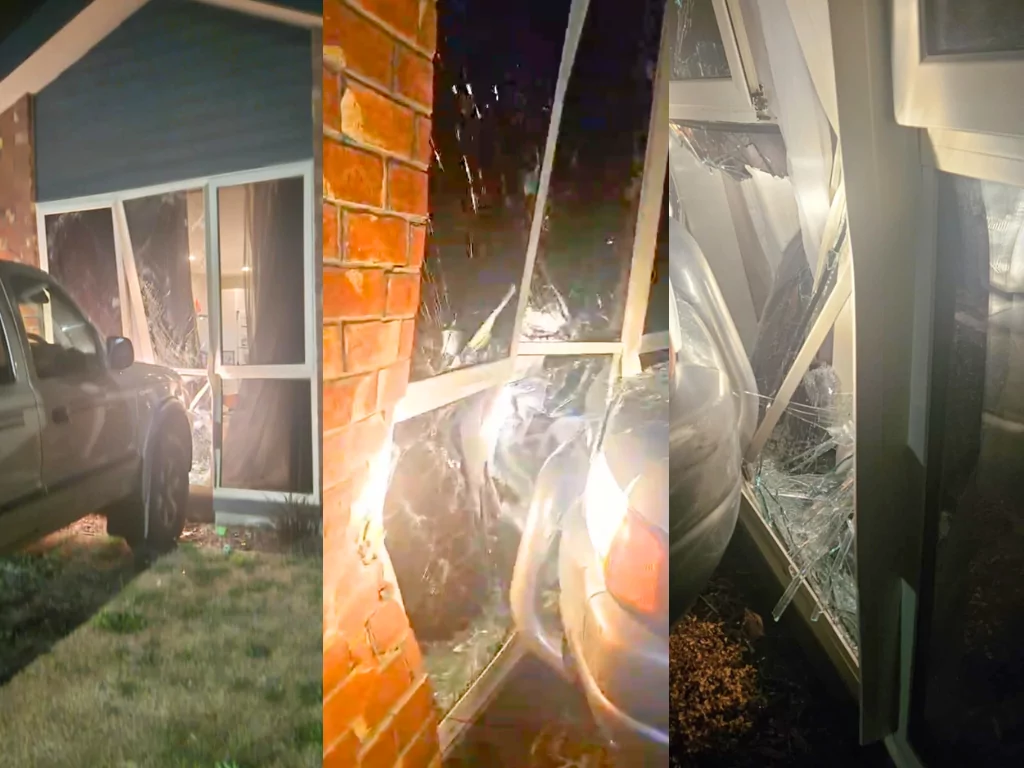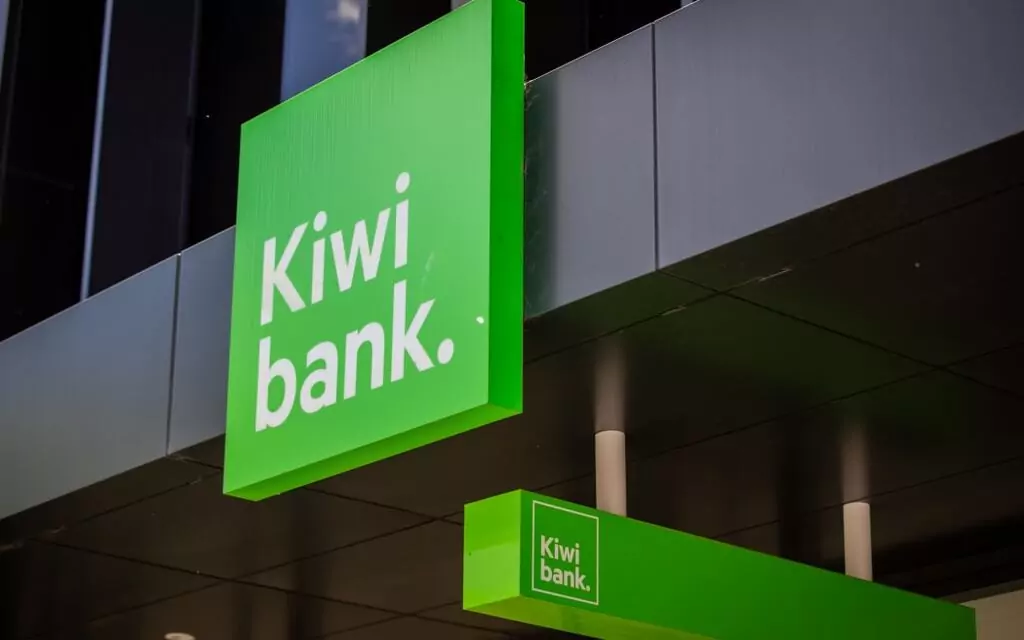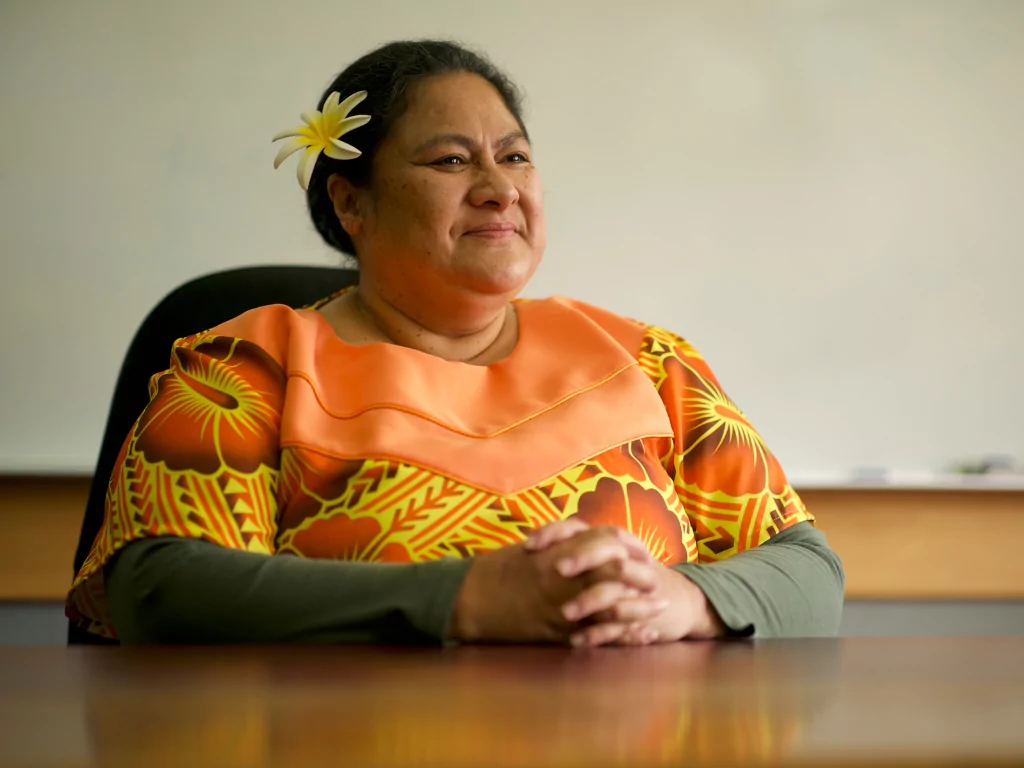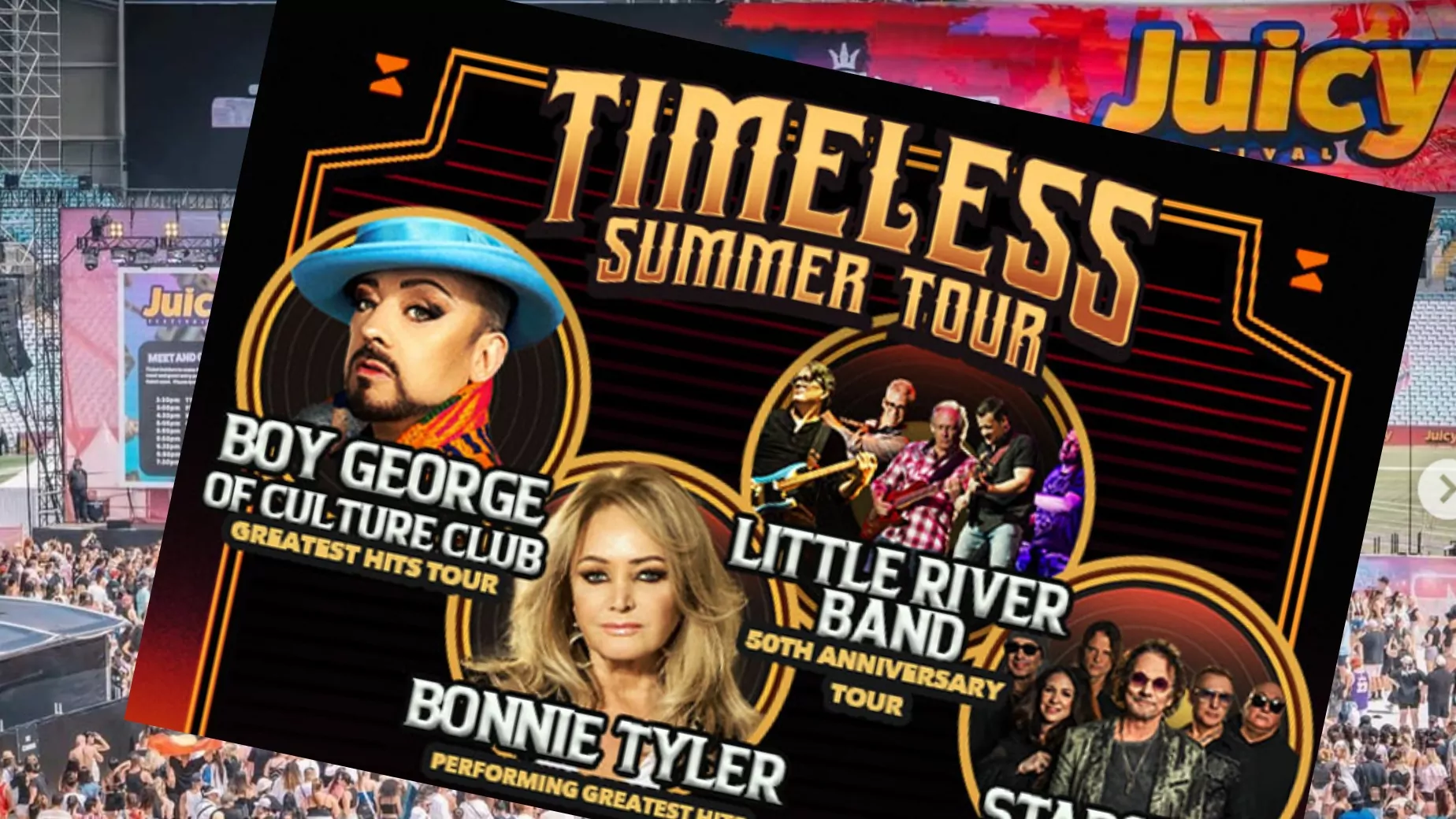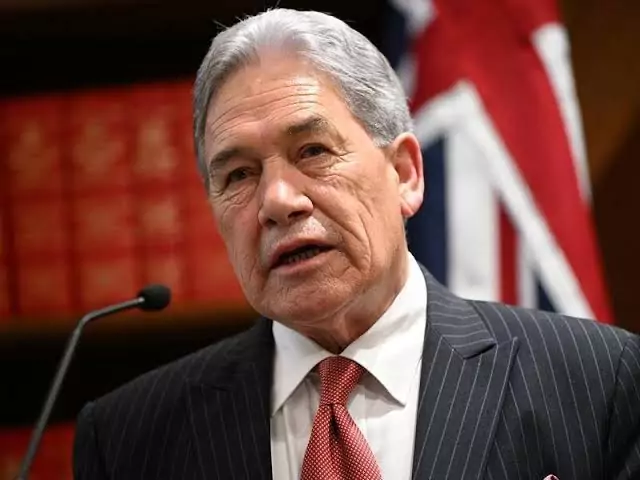OPINION: An article by Stuff made the bold claim that employers are now seeking workers with skills in Tikanga, reporting an unprecedented 1085% rise in interest from 2014 to 2023.
This statistic, while eye-catching, is misleading at best.
The study, led by Amy Knudsen of Tokona te Raki, a “rangatahi social innovator”, might come with a fancy title, but falls short in delivering comprehensive analysis.
It presents a narrative that suggests employers are increasingly requiring a “Māori worldview” for job seekers.
If we are honest it’s more about employment agencies and recruitment firms and a perceived obligation to incorporate elements of the Treaty of Waitangi to bolster their social and cultural accountability.
The discourse took a notable turn when Amy, suggested Māori individuals face challenges entering the workforce due to a lack of traditional qualifications or credentials.
She posited that life experiences, such as those gained on a Marae, hold substantial value beyond conventional academic or professional achievements.
This perspective, while intended to highlight alternative forms of competency, inadvertently risks undermining the importance of established qualifications and professional standards.
“I hope from the statistics the demand will keep growing, and we’ll end up with a really beautiful Aotearoa backed by our tikanga and the way we do things.”
What is it exactly you do differently? There were no examples.
The Government definition of tikanga is about respect and balance.
You’d think or hope at least most job environments offered that. It’s hardly a unique proposition.
Amy said she hoped the findings of the study would be a “huge drive” for Māori to apply for jobs they thought they may not be successful in based on just credentials. “For example, here at Tokona, we have done work around changing our workforce from thinking about certificates and diplomas, to skills-based working.
“We hope that for Māori, they see this on a job description and think, I’ve got that, I’ve been on a Marae, I’ve cooked. I’ve cleaned. I’ve had all these other valuable skills like manaakitanga, which sometimes can’t be put on paper.”
She’s advocating for life experience over qualifications and while that’s noble, Amy’s stance, which seemingly advocates for a dilution of professional criteria, does a disservice to the Māori community by suggesting that the standards for employment should be adjusted downward.
Such a proposition not only misrepresents the capabilities and potential of Māori individuals to the detriment of broader societal advancement.
The notion of attending a job interview for a highly specialised role armed only with experience from a Marae, underscores the flawed logic in her argument.
I’m yet to see a job description for air traffic control requiring Tikanga or a Maori World view to direct aircraft into terminals.
Advocating for an equalisation of standards by lowering them to the lowest common denominator is regressive and detrimental.
It eschews the pursuit of excellence and equity in favour of a misguided interpretation of inclusivity.
High standards should be uniformly expected and maintained across all communities, ensuring that everyone is empowered to achieve their fullest potential through merit and capability.
To settle for less is to fail not only those individuals and communities but also the very principles of fairness and excellence that should guide our professional and social conduct.
It is imperative to challenge such narratives, ensuring that the discourse surrounding employment and cultural knowledge is framed in terms of empowerment, excellence, and genuine inclusivity and not punch down to Maori with condescending examples of cooking and cleaning.


